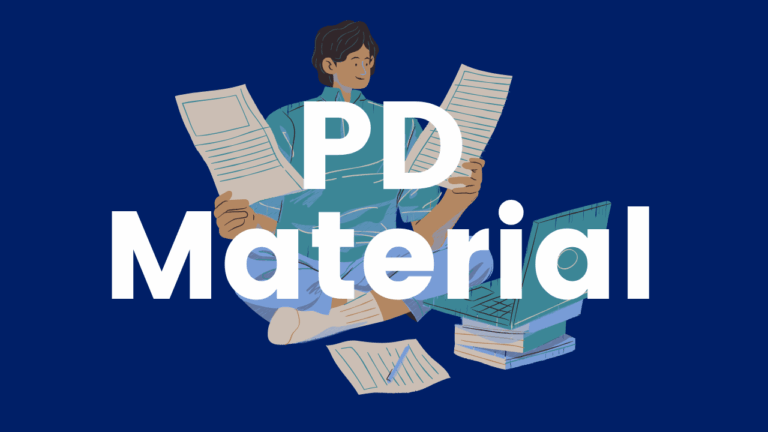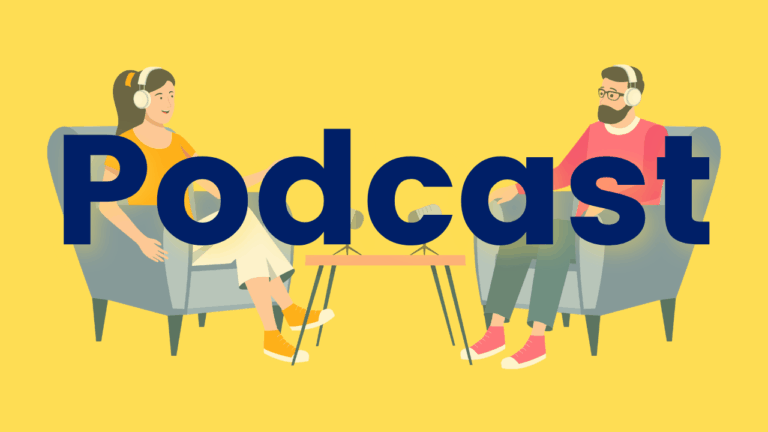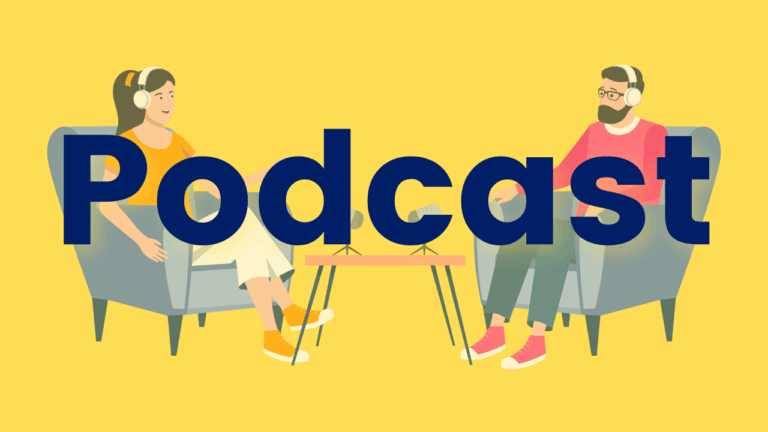Academic Word Finder
Tier 2 words appear in many different contexts and are often subtle or precise ways to say relatively simple things. Since these aren’t words that will typically be used in a student’s conversations and they aren’t domain-specific, they should be given more focus than Tier 1 and Tier 3 vocabulary. The Academic Word Finder produces…






